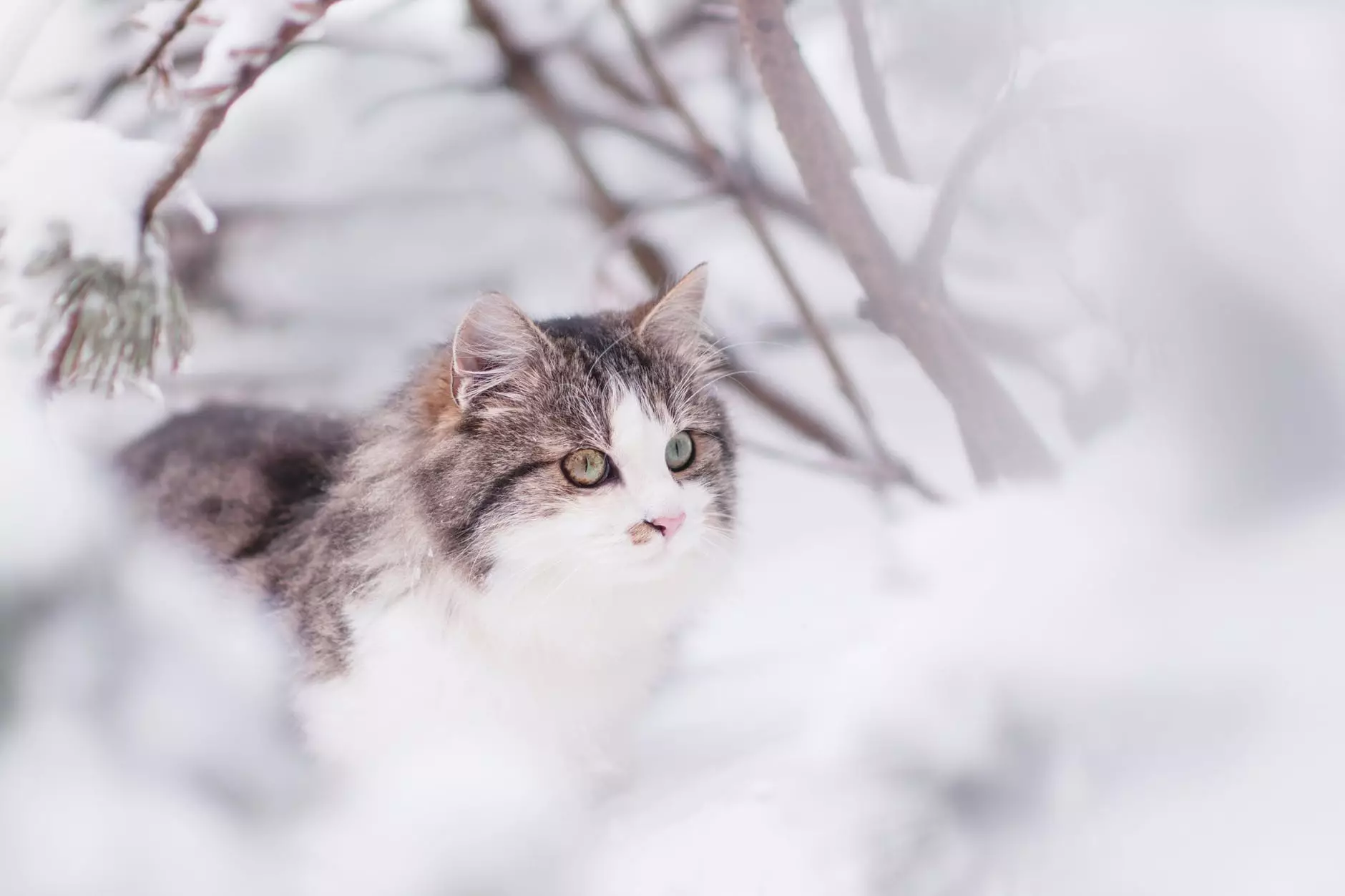As winter settles in and icy temperatures loom large, it’s vital for pet owners to adapt their care routines to protect their furry companions. Veterinary Surgeon Rebecca MacMillan shares crucial insights on how to navigate the challenges of cold weather effectively. Understanding and implementing these tips can make the winter months a safer and more enjoyable experience for both pets and their owners.
For many, winter means cozy nights indoors, but it also brings a host of dangers for pets. Just as we would dress warmly and adjust our routines during cold snaps, pets require similar considerations. It’s easy to overlook how the chills outside can impact our animals, particularly given that they engage in numerous outdoor activities. Ensuring their safety demands diligence and the right knowledge.
Rebecca highlights a critical point: “Most of us take sensible actions over the winter to look after ourselves, but we also need to think about how to keep our pets safe.” This mindset paves the way for proactive measures that can mitigate risks associated with icy conditions.
One of the foremost concerns during winter is the impact of salt and ice-melting chemicals on pet paws. Not only can these substances irritate sensitive skin, but they can also pose a risk of ingestion when pets groom themselves after walks. It’s essential to wash your pet’s paws after outdoor excursions. Regularly checking your pet’s paws for signs of damage, and applying a protective balm can help keep them healthy and hydrated—imperative steps during harsh weather.
In addition to the obvious dangers of chemicals, paw pads can suffer from abrasions due to rough, icy surfaces. Providing paw protection gear is an excellent way to ensure your pet can enjoy their outings without discomfort.
Winter can alter a pet’s nutritional requirements significantly. While some pets may require additional calories to maintain body warmth, others may become less active and need reduced rations to prevent unwanted weight gain. MacMillan advises pet owners to consult with a veterinarian about adjusting their pets’ diets to better match their activity levels during these colder months. Monitoring weight and overall health is paramount; this is especially true for pets that may spend less time outdoors.
Having a full water bowl is equally vital. The misconception that pets are only susceptible to dehydration in warmer weather holds little truth; cold air can also draw moisture away from their bodies. Ensuring that pets have constant access to fresh water can ward off dehydration, which can have serious health consequences.
When the temperatures dip, pets often seek warmth indoors. However, it’s crucial to manage the potential hazards that come with heating devices. Space heaters, for example, can ignite flames or cause painful burns if pets come too close. Opting for heaters with anti-tip features and keeping these devices in low-traffic areas can reduce risks considerably.
Moreover, just as regular baths can lead to dry, itchy skin, too much exposure to indoor heating can exacerbate skin issues. Bathing should be limited during the winter months, and humidifiers can help maintain moisture in the air, thereby alleviating dry skin discomfort for pets.
Animals often seek warmth in strange places, such as warm engine compartments of parked cars. It is wise to check under your vehicle before starting it, as this precaution could save a life. Additionally, being vigilant about the symptoms of frostbite or hypothermia is paramount. Symptoms such as shivering, lethargy, or discolored skin around ears, tails, or paws must be addressed immediately by consulting a veterinarian.
As winter weather can lead to unexpected power outages or being snowed in, ensuring an ample supply of pet food and necessary medications is critical for times of emergency. Planning ahead can make a significant difference in comfort levels during challenging weather conditions.
As the colder months approach, it becomes increasingly vital for pet owners to equip themselves with the knowledge needed to care for their companions effectively. By staying aware of the hazards that icy weather presents and implementing appropriate safety measures, winter can be enjoyable for both owners and their beloved pets. These thoughtful steps help ensure a safe, warm, and happy season ahead, one where our pets remain untroubled in the face of winter’s chill.


Leave a Reply